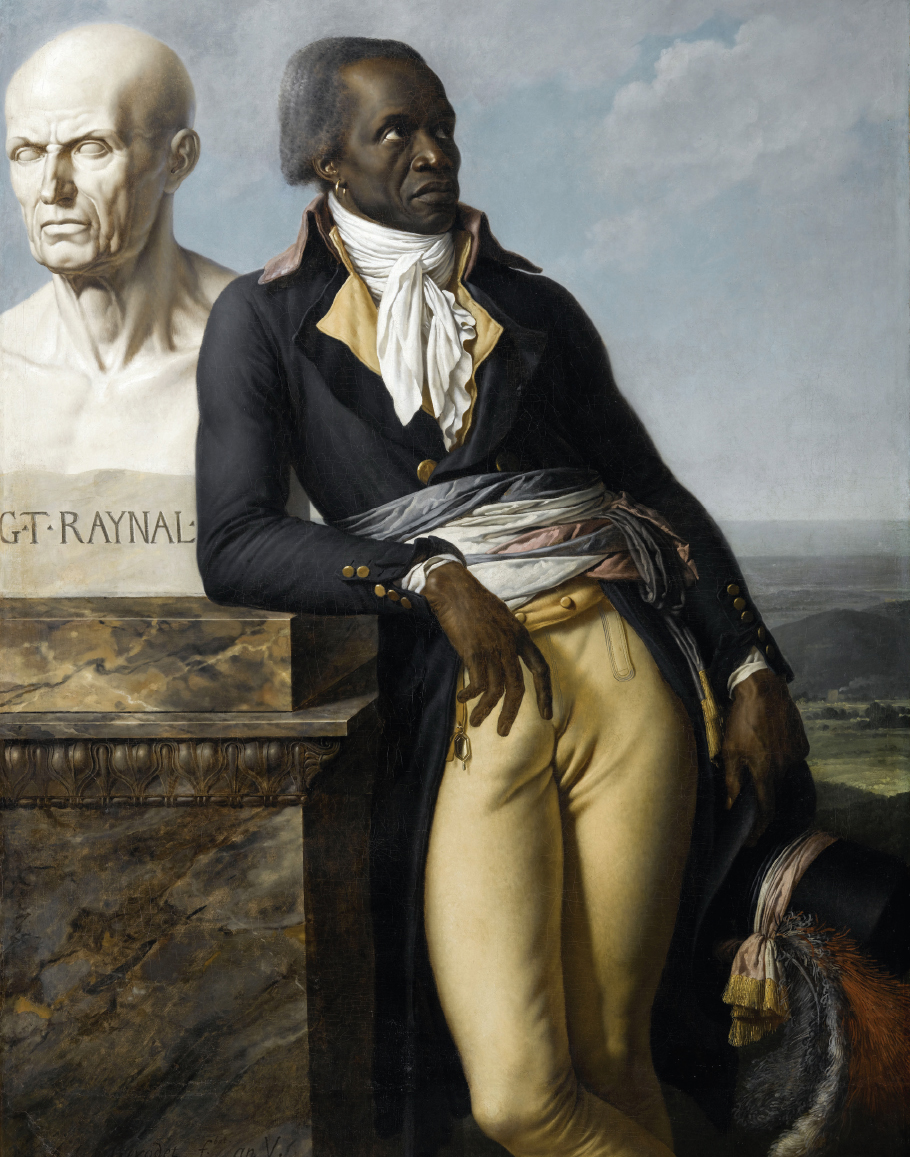Introduction for Chapter 22
22. Revolutions in the Atlantic World, 1775–

A great wave of revolution rocked the Atlantic world from 1775 to 1825. As trade goods, individuals, and ideas circulated in ever-
The revolutionary era began in North America in 1775, where the United States of America won freedom from Britain in 1783. Then in 1789 France became the leading revolutionary nation. It established first a constitutional monarchy, then a radical republic, and finally a new empire under Napoleon that would last until 1815. During this period of constant domestic turmoil, French armies brought revolution to much of Europe. Inspired both by the ideals of the revolution on the continent and by internal colonial conditions, the slaves in the French colony of Saint-